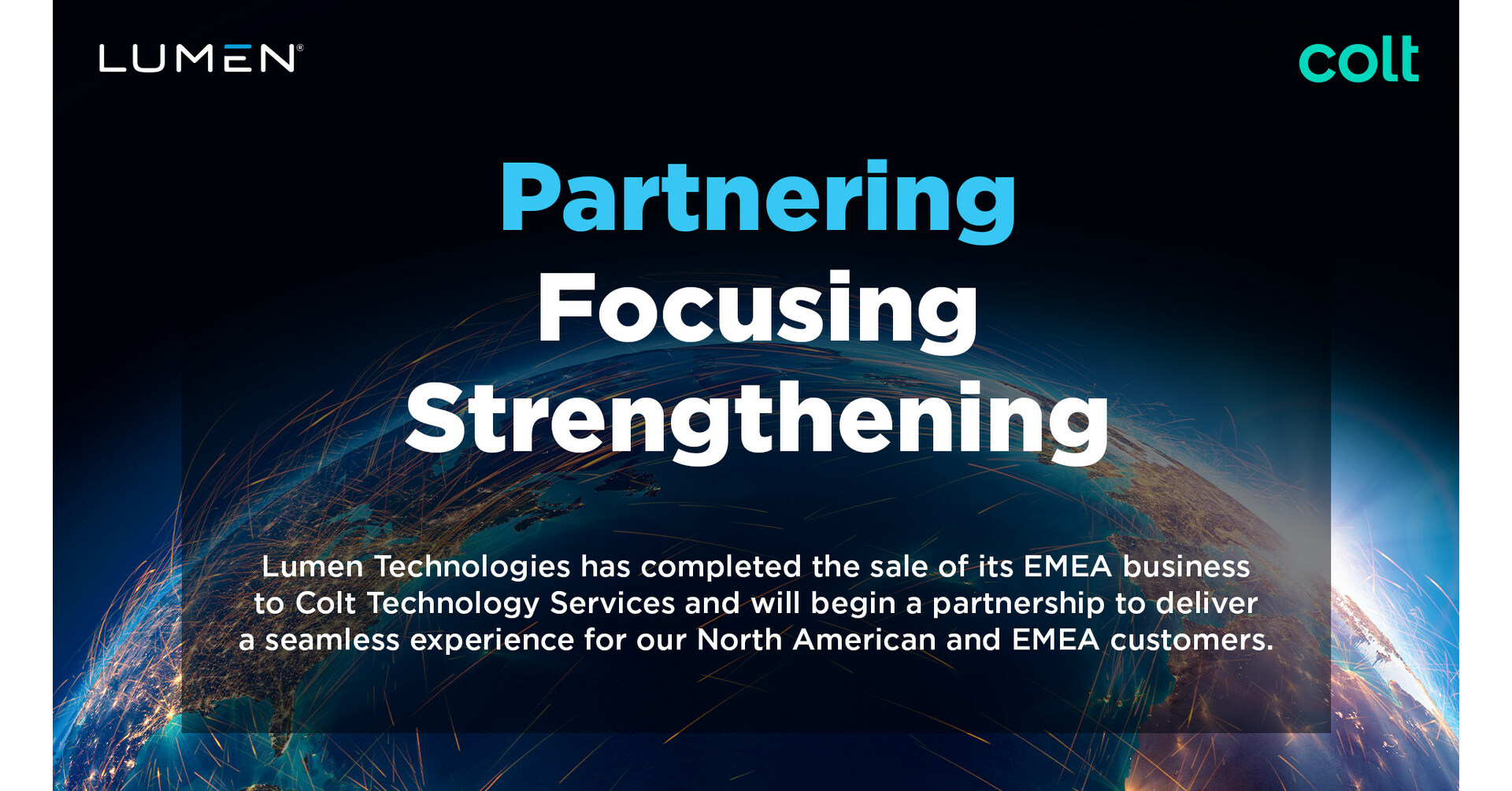Table of Contents
BRUSSELS, March 25 (Reuters) – Landmark EU regulations targeting Alphabet (GOOGL.O) device Google, Amazon (AMZN.O), Apple (AAPL.O), Meta (FB.O) and Microsoft (MSFT.O) are probably to established a world-wide benchmark and may perhaps even drive improvements in the tech giants’ enterprise styles, legal professionals and experts mentioned.
Europe’s antitrust main Margrethe Vestager on Thursday received backing from European Union customers and EU lawmakers for her proposal, the Electronic Marketplaces Act (DMA), to rein in the powers of the tech giants by using laws for the first time, somewhat than lengthy antitrust investigations. examine far more
The DMA sets out a record of dos and don’ts focusing on every tech giant’s core business enterprise methods.
Register now for Free of charge unrestricted obtain to Reuters.com
“DMA is here to continue to be and will be swiftly mirrored in a number of nations around the world. The adaptability that big tech had will be constrained, as the regulatory ‘straitjacket’ will get tighter globally,” mentioned Ioannis Kokkoris, competition regulation professor at Queen Mary University in London.
Vestager’s swap to legislation came amid annoyance over gradual-going antitrust investigations that provide solutions criticised by rivals as inadequate, with Google typically cited as an example inspite of becoming strike with much more than 8 billion euros ($8.8 billion) in fines.
The new principles might even spur tech giants to rethink their strategy on extended-phrase goals and swap their small business styles for some others.
“If it succeeds, the DMA will set tension on monopoly rents of gatekeepers in tipped marketplaces, thus encouraging them to shift toward much more long phrase innovation targets,” claimed Nicolas Petit, professor of levels of competition law at the European College Institute in Florence.
“I think the DMA indirectly places a top quality on business enterprise versions dependent on subscriptions or product degree monetisation. We may possibly see far more (increased) prices, and vertical integration into components in the upcoming,” he reported.
Even now, implementing the DMA will demand a larger crew than the smaller team planned by the European Commission, mentioned Thomas Vinje, a spouse at regulation firm Clifford Prospect in Brussels who has advised rivals in circumstances in opposition to Microsoft, Google and Apple.
“The Commission advised upon proposing the DMA that it would be enforced by a staff of 80 individuals. This will not be ample to allow effective enforcement,” he claimed.
“A different huge concern is who in the Fee will enforce it. Only DG COMP (competitiveness officials) has the complex and marketplace expertise and experience dealing with such corporations to properly enforce the DMA. If other individuals in the Fee, these as DG Join (digital officers), are to implement the DMA, it will be a dead letter.”
The DMA is just the initially stage toward building certain that tech giants perform reasonable, stated Alec Burnside, a spouse at regulation firm Dechert in Brussels.
“The DMA is not a flawlessly shaped panacea from the start, and without the need of question gatekeepers will check out to navigate all around it. Rome was not constructed in a day, nor was the freeway code perfect when first conceived,” he reported.
“New principles of the highway for the digital financial system will be shaped over the period of time ahead, and the DMA is a crucially significant very first phase.”
There may possibly be some wiggle room for the tech giants to dodge the total impact of the DMA, mentioned Kokkoris.
“The diploma of adverse effect on significant tech will depend on the extent they can persuade the Fee of the deficiency of any anti-competitive result,” he.
($1 = .9093 euros)
Sign up now for Free of charge unrestricted obtain to Reuters.com
Reporting by Foo Yun Chee Enhancing by Kenneth Maxwell and Chizu Nomiyama
Our Expectations: The Thomson Reuters Trust Principles.


/cloudfront-us-east-2.images.arcpublishing.com/reuters/4KQGYICZ3JPZTNNKFVZ36FWTZI.jpg)


:max_bytes(150000):strip_icc()/risk_management-5bfc36abc9e77c005182400f.jpg)
/cloudfront-us-east-2.images.arcpublishing.com/reuters/UCCHLGKVZBL3JDCTWAGYJS4CKE.jpg)
More Stories
Lumen Completes Sale of EMEA Company to Colt Know-how Services for $1.8B
Polk Point out alum lands position in Enterprise Info Technological know-how shortly following graduation
Verizon Annual Condition of Small Organization Study Finds Small Organizations Want AI in Tough Economic system